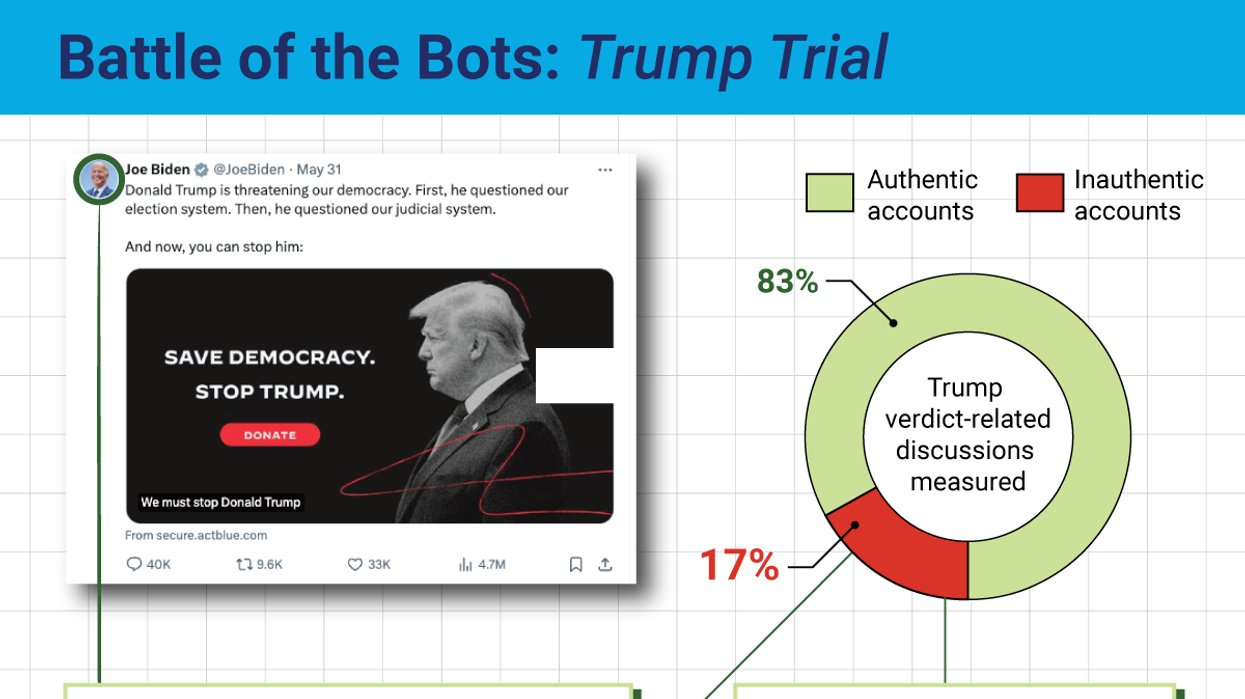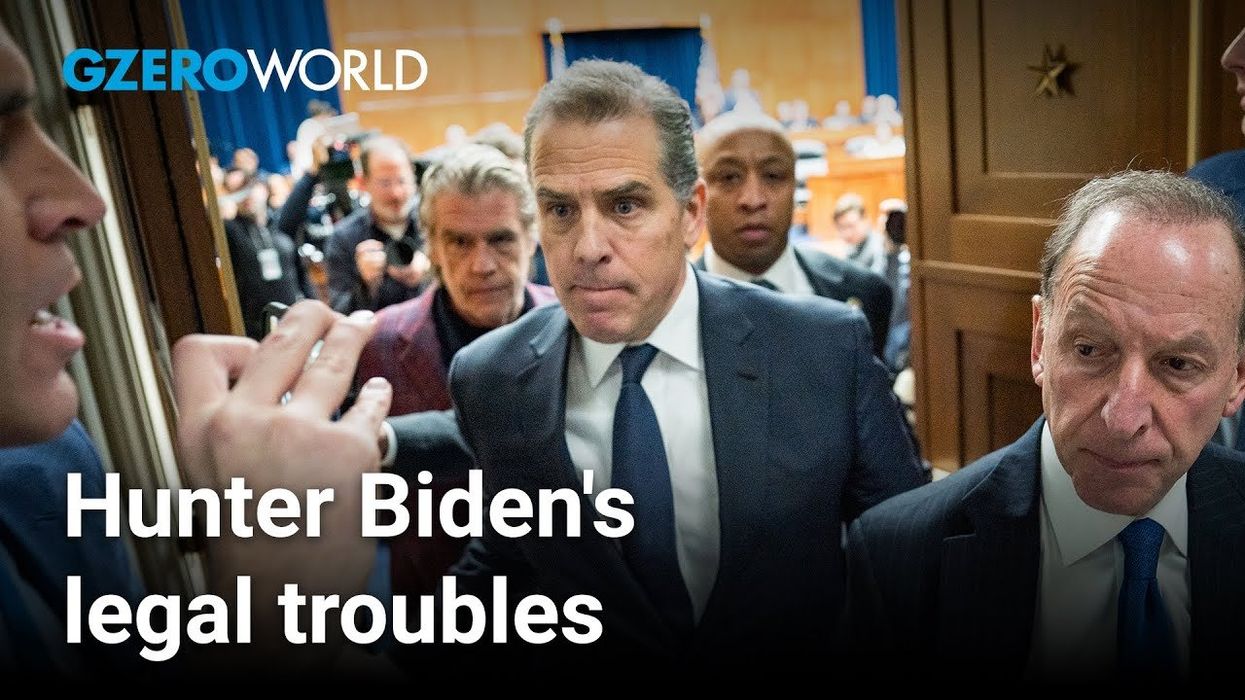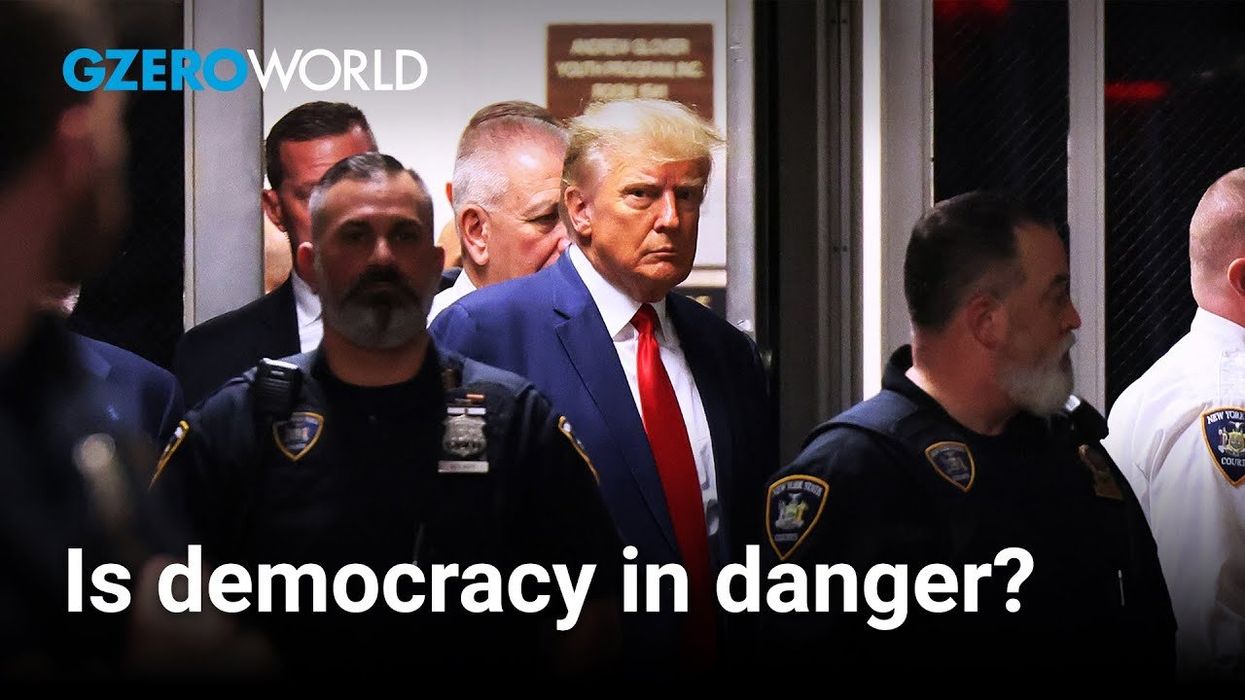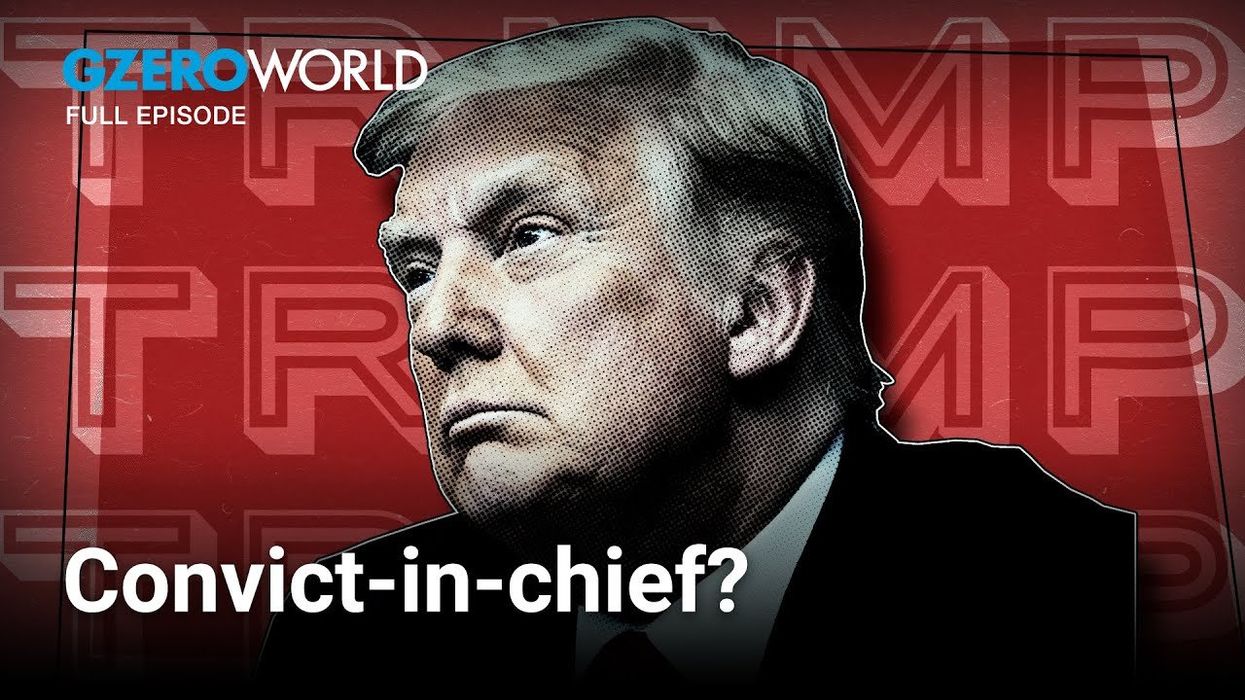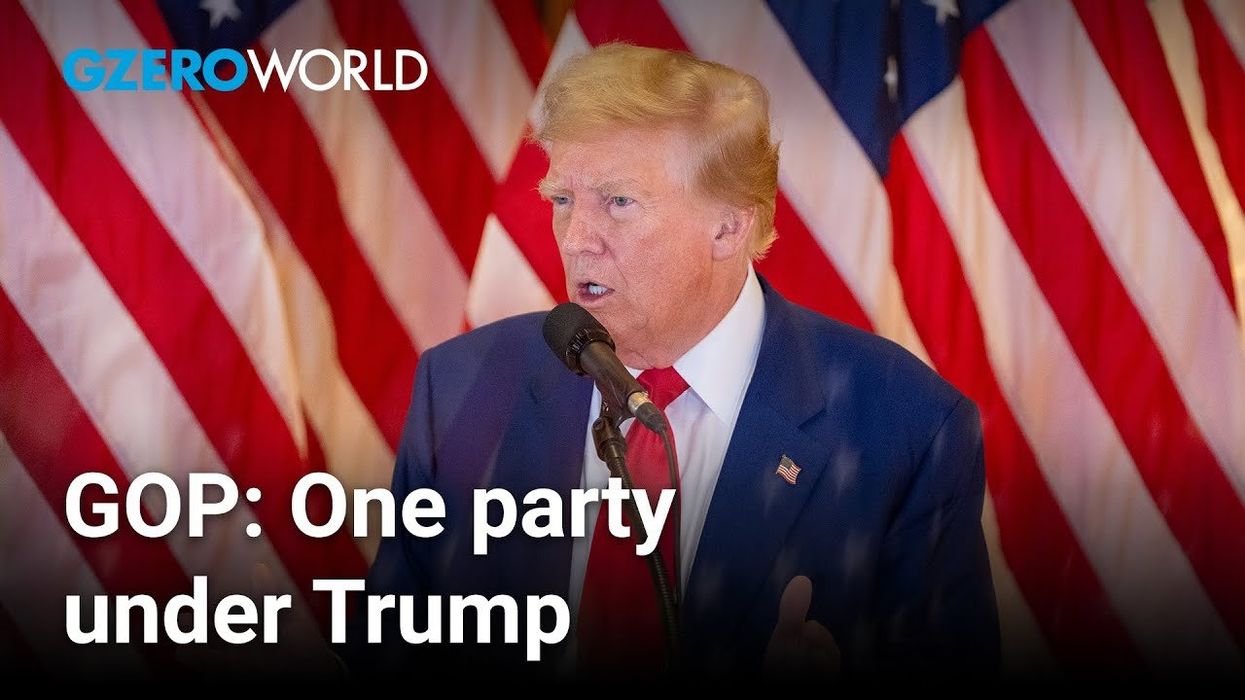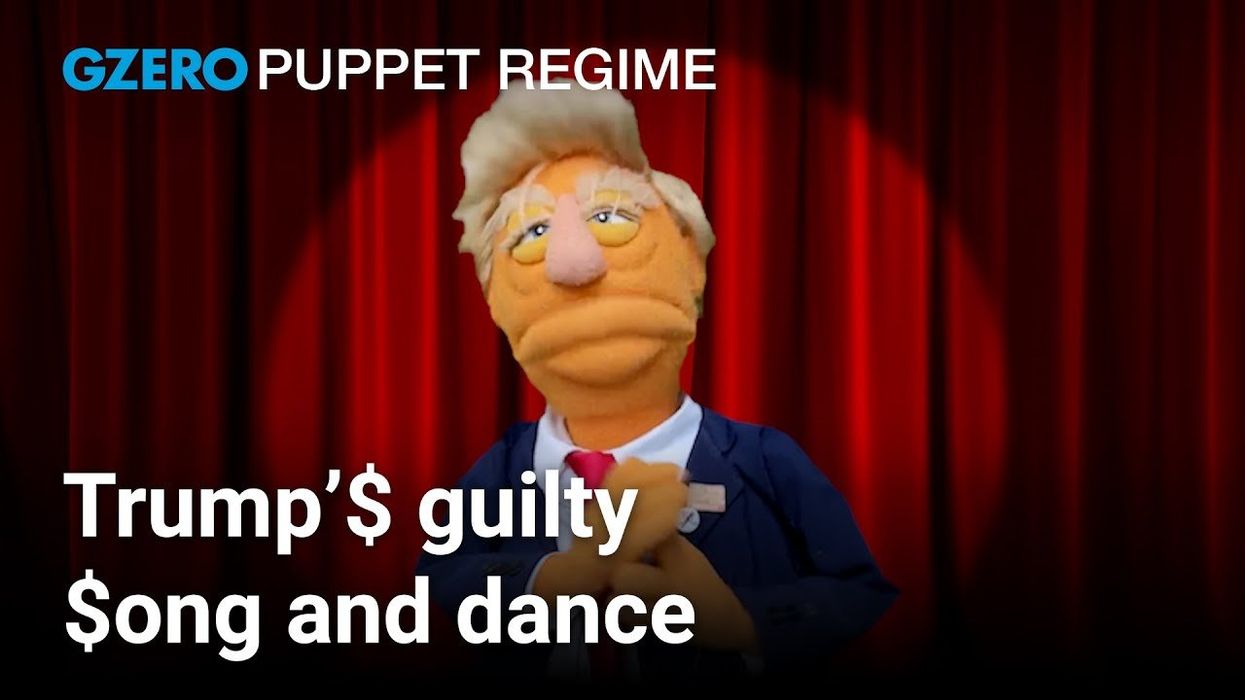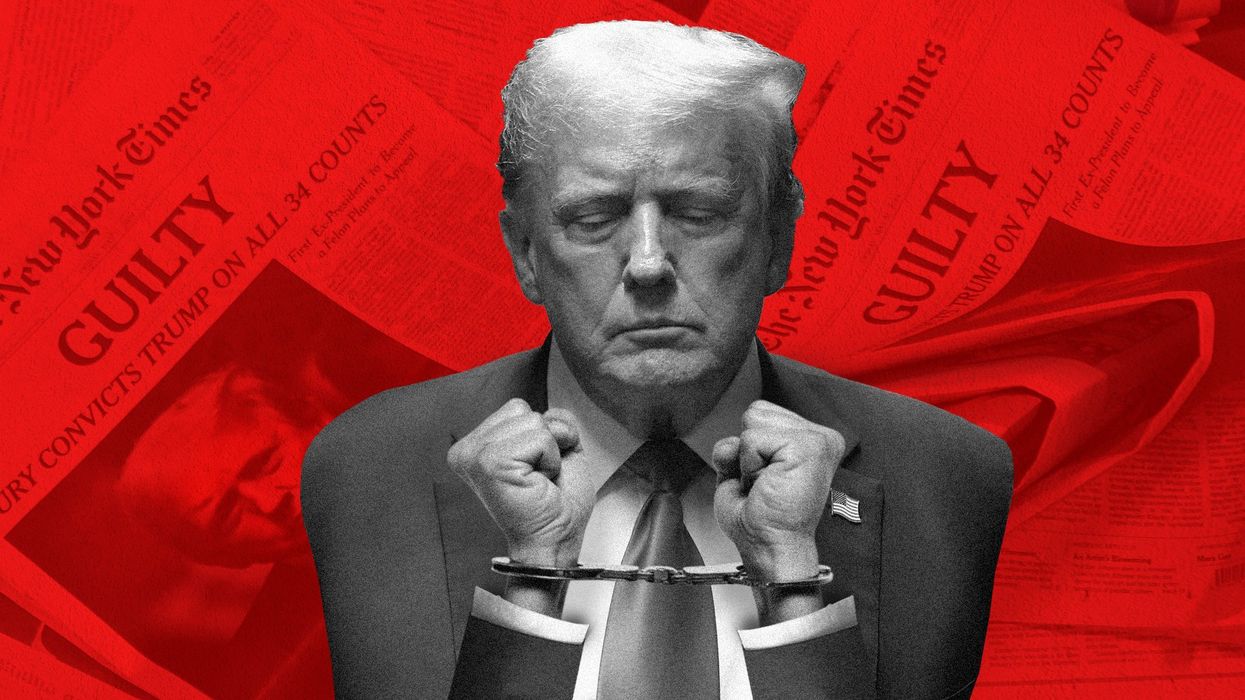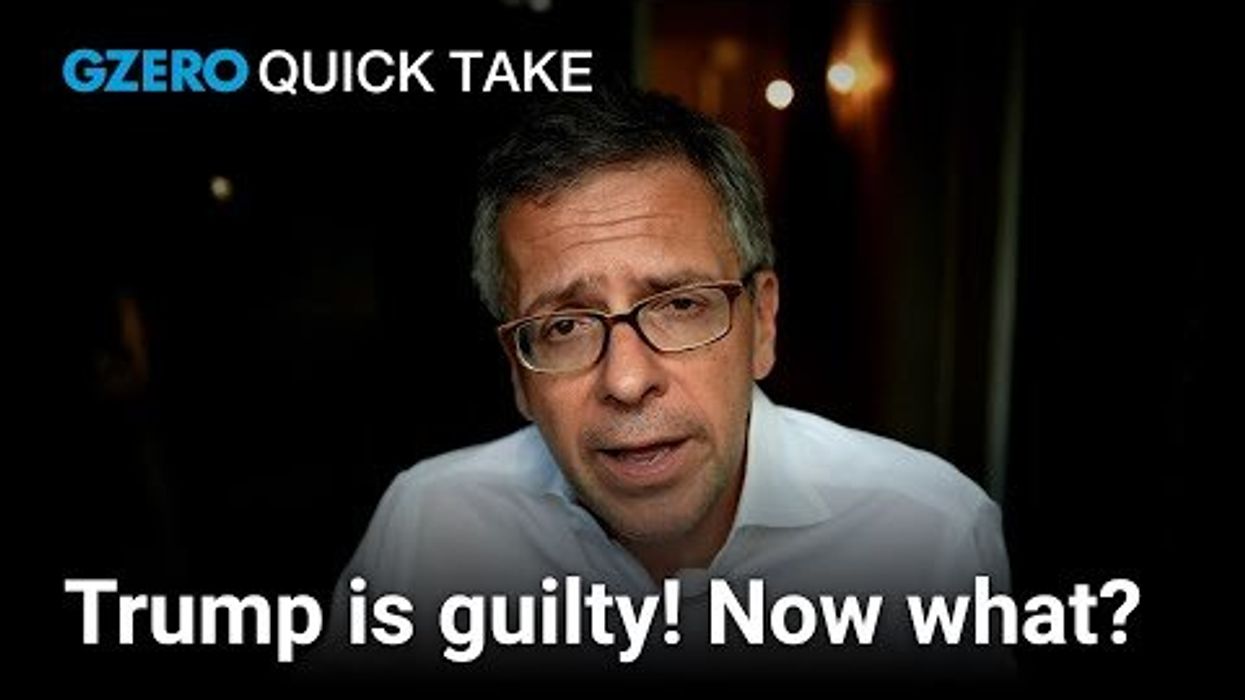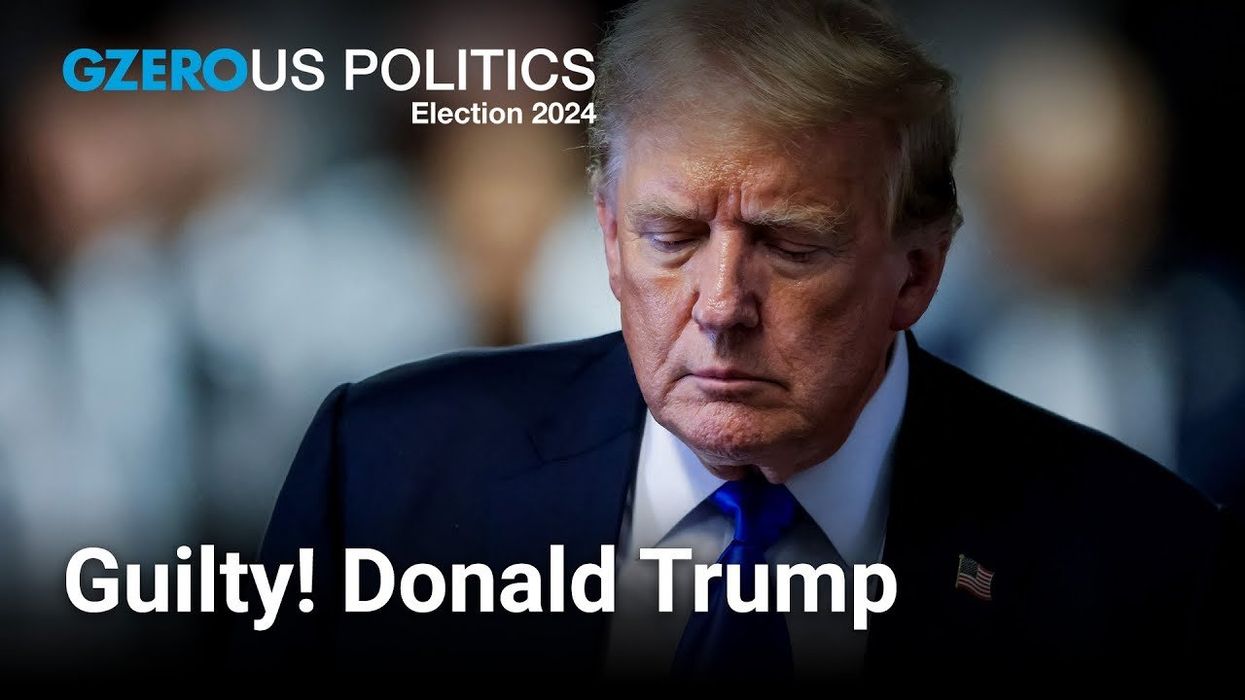ask ian
How the Supreme Court immunity ruling changes presidential power
What does the Supreme Court's immunity decision mean for Trump and the future of presidential power? With the far-right surging in the French elections, what would a caretaker government in France mean for Europe? Does the West have any concerns with Modi's upcoming visit to Russia? Ian Bremmer shares his insights on global politics this week on World In :60.
Jul 02, 2024

